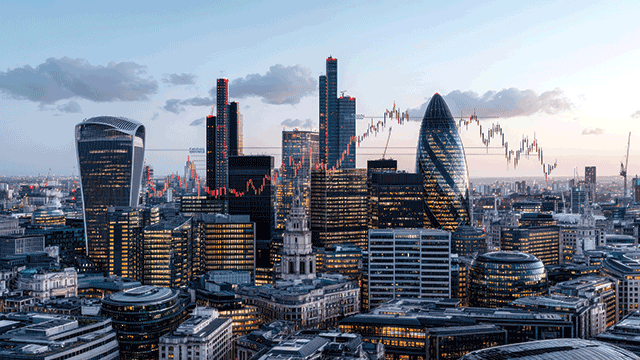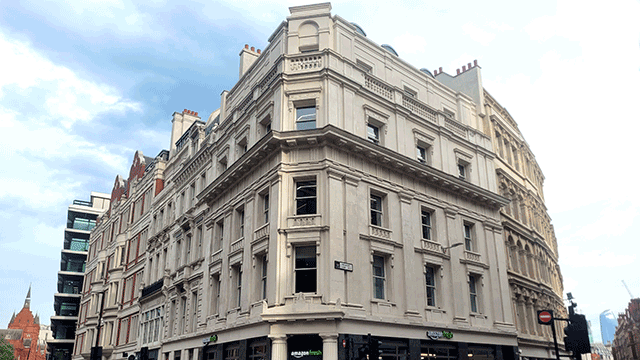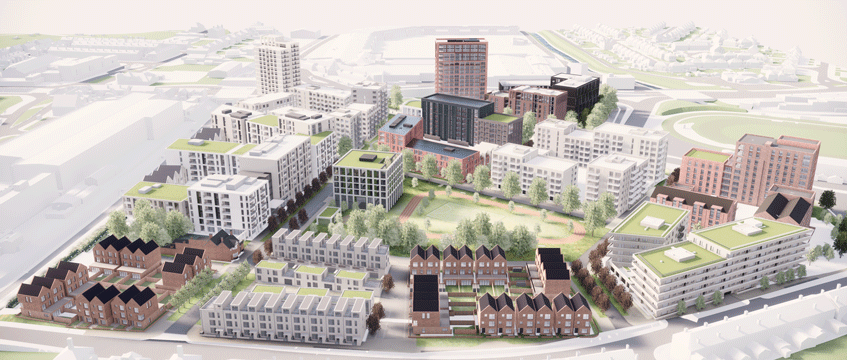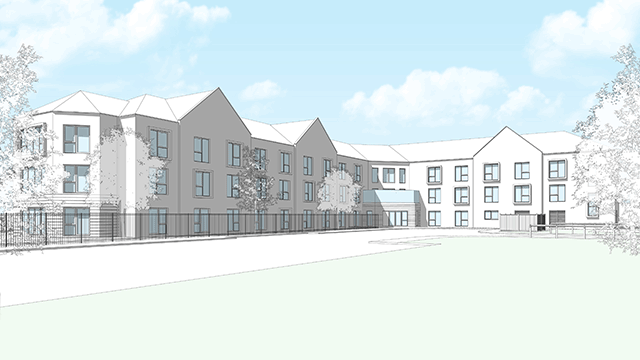Costing £778m to stage and an extra circa £496m to build housing for the athletes, the Commonwealth Games will be the most expensive sporting event since the 2012 London Olympic Games.
The Commonwealth Games, which will be held in 2022 in Birmingham, will require Birmingham City Council to seek funding for a quarter of the Games budget and borrow £300m from the Public Works Loan Board to forward fund the delivery of 1,400 homes for the athletes’ village.
Leader of the council, Ian Ward, is hoping to capitalise on the benefits that the Games could bring in terms of investment and regeneration in the city.
Waheed Nazir, director of planning and regeneration at the council, says 2,000 homes – in addition to the 1,500 homes in the athletes’ village – will be released when the Games end.
“There will also be investment in public transport to better connect the venues and serve the local communities once the Games are over,” says Nazir.
Boosting investment
Ward says the council is using the Commonwealth Games to boost Birmingham’s profile and attract foreign investment to the city.
“We were at MIPIM Asia last November, and in the Middle East and Dubai a couple of months ago looking for direct foreign investment into the city,” he says. “Since then we’ve had six inbound visits and been in discussions about investment sites in Birmingham for residential developments and hotels.”
According to Avison Young Birmingham UK principal and managing director, Carl Potter, investment interest is currently focused on the Perry Barr area of the city where the athletes’ village will be built.
“Historically, Perry Barr was not seen as a hugely favourable residential area, but the legacy of the Games will lift that significantly,” says Potter, adding that he expects investment interest to continue after the Games have concluded.
Argent regional director, Rob Groves, who oversees the delivery of the developer’s 17-acre Paradise Birmingham scheme, says the Games present an excellent opportunity for the private sector, but that the amount of public money that will be put into these future schemes will be limited.
“For big regeneration schemes, the public sector will seek a private sector partner to create that legacy, long-term project and one that will be able to invest in the infrastructure as well,” he says.
Groves adds that he doesn’t foresee “a direct risk from a business perspective” regarding how the council’s borrowings for the Games will affect local business rates. Rather, he says, business rates can help facilitate development.
“Our development, Paradise, and others, such as Smithfield, wouldn’t be happening if it wasn’t for the public sector’s ability to capture business rates to make things happen. Presumably the Commonwealth Games will be the same,” says Groves.
Leaving a legacy – lessons from the 2012 Olympics
Gavin Poole, chief executive of Here East, says it is important for sporting events such as the Commonwealth Games to leave behind a lasting legacy for the community. However, this can come at a cost. Poole says Delancey inherited the Olympics Media Centre building after the 2012 Games but had to invest £150m transforming it into the Here East business park.
“What a smart person could do is build for a long-term use, retrofit for the sporting event, and then when they move out make buildings fit for purpose,” he says.
Get Living executive vice chairman, Rick de Blaby, says refitting the East Village development after the Olympics took time. “You need to keep a keen eye on the design and specification of the buildings and what they will look like. It took us about one year to refit the buildings – a lot of them weren’t fitted with kitchens.”
He says that “upfront investment in the public realm” will be needed for Birmingham’s Commonwealth Games and says that “there needs to be an element of permanence and ideally a long-term owner” when the event is over.
To send feedback, e-mail lucy.alderson@egi.co.uk or tweet @LucyAJourno or @estatesgazette











